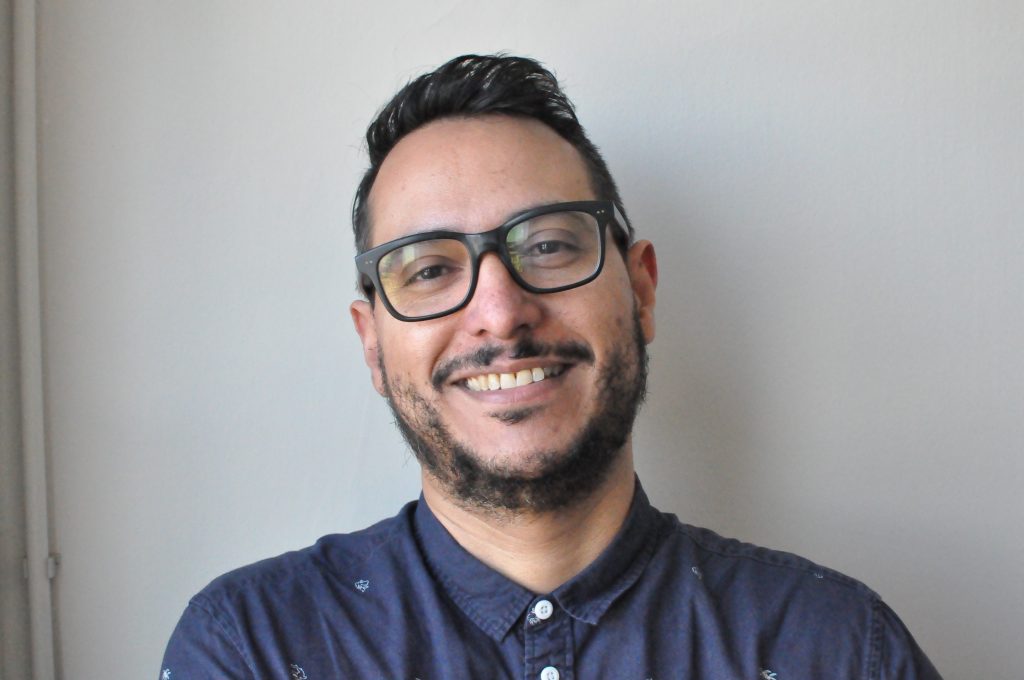Governments around the world should understand that now is the time to act and offer solid financial support to startups as they can have a positive, lasting impact on the economy, says a Lisbon-based entrepreneur.
"Big companies get big because they get really good at doing the same thing over and over again. And then when things change, they always have a hard time adjusting whereas startups don't have all the baggage. So they just go straight into the new way," Jeferson Valadares, co-founder and CEO at Doppio Games, told Via News.
Founded in 2018, Doppio is on a mission to "bring storytelling and game design closer together in voice games" with the aim of opening up a new market of conversational games.

It has published 2 games so far: The 3% Challenge and The Vortex. Both are voice-guided games that are available on devices that support Amazon Alexa or Google Assistant.
Governments' Response
Asked about the response of governments in Europe to help startups survive the coronavirus pandemic, Jeferson noted that almost everyone was caught by surprise and obviously different countries adopted different approaches.
Europe's response, in general, was good but could have been more "aggressive", the co-founder of Doppio Games added.
Singling out Portugal, he said the government's response has been a "middle-of-the-road" one.
Europe's response to help startups survive the coronavirus pandemic was good in general but could have been more "aggressive".
Jeferson Valadares, co-founder and CEO at Doppio Games
According to him, it is a very "tricky" situation with massive disruptions, not only economic but also behavioral.
The game development veteran maintains that startups thrive in times of crisis and economic tribulation. "So if anything, this is the time to invest in startups."
His argumentation is that startups are the ones who will be leading the way in the post-coronavirus world.
Read more: Investment in Gaming Industry Is a Safe Bet Now
He says governments should take advantage of the situation and invest more in startups now, not only to keep the ecosystem afloat but to "accelerate" its growth.
In Jeferson's view, many big companies are probably going to survive and do not need as much government help.
"Then how about investing in new companies that are going to really make a difference? I think that would be a smart investment. Governments should look at it in the same way that VCs do."
Startups-Investors Relations
On how the coronavirus experience will change the relationship between investors and startups, he said it is difficult to accurately gauge the long-term impact of the pandemic.
"People are saying or already assuming that all the new behaviors are going to stay in the future, which might not be true. Maybe some of the new behaviors are gonna stay. Nobody really knows."

Jeferson says the short-term scenario indicates that some companies are in need of money and are trying to close deals but have to deal with investors that have got "aggressive" and have lowered valuations or have set out stricter terms and conditions.
"It is because they have power and cash. If you have cash, then you have more options."
Read more: Current Low Valuations Offer Great Opportunity for Investors: NomadX Chairman
Some investors—not all of them—are exploiting the current situation so the short-term outlook is not very promising for startups, Doppio's CEO added.
"But as we move forward, we see that there are a lot of VCs interested in investing now. I'm feeling it directly, and I think it's coming from the fact that they know that opportunities will come out of this."
Based on that argument, Jeferson says the mid- and long-term future looks bright for small and medium enterprises and they will be valued more because "they are the ones who are going to actually be making real changes" and "can do a better job than big companies in a world that constantly changes."
In addition, he noted that startups need to revisit some of their decisions, introduce the necessary changes, and take advantage of the opportunities that lie in the existing challenges to create more value.

